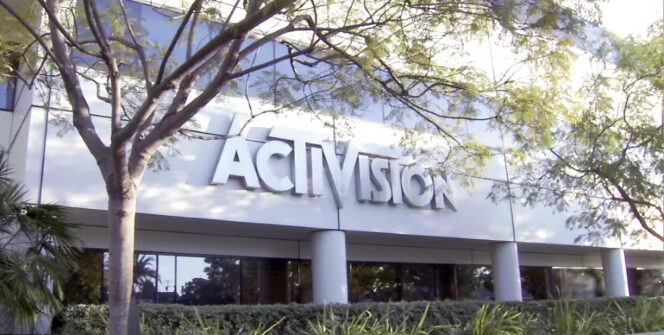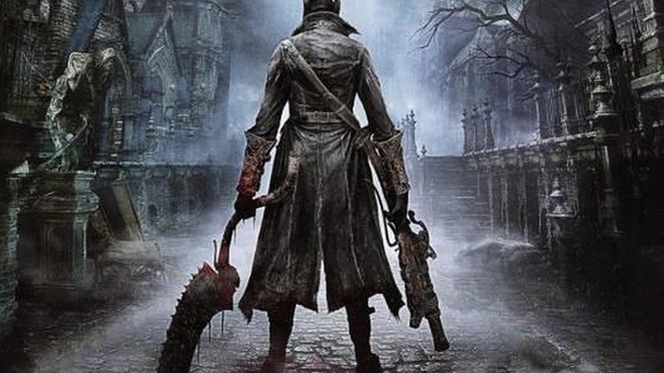The Chinese tech giant (which recently acquired Quantic Dream, David Cage’s studio) has reportedly offered to lobby the Chinese government to support or oppose Microsoft’s acquisition of Activision Blizzard King.
New details have emerged about how the relationship between NetEase and Activision Blizzard King deteriorated, leading to the end of a fourteen-year agreement. Sources familiar with both sides of the negotiations told The New York Times that a series of misunderstandings, disagreements, and perceived threats led to tensions between the two companies, which ultimately resulted in Blizzard games becoming officially unavailable in China.
According to the site, most of NetEase’s concerns centered around government restrictions. The Chinese state party has imposed heavy restrictions in the country, allowing young gamers to spend up to three hours a week playing online games. Therefore, the publisher wanted changes to its contract with Activision Blizzard King (ABK) to allow NetEase to comply with the new regulations. Thus, the Chinese tech company requested the annual revenue and additional data so that the Chinese regulators could see it, while Activision disputed whether it was necessary.
In response, Activision rejected NetEase’s proposal to license the games to the Chinese company rather than through a joint venture, giving the tech giant more control over the operation and thus more ability to meet the Chinese Communist Party’s demands, but the US company believed it was only a way for NetEase to sweeten the deal for itself. According to sources, Activision executives believed that NetEase CEO William Ding had threatened Bobby Kotick that he believed his company could influence the Chinese state party in its decision on Microsoft’s takeover bid. Still, sources close to NetEase said that was not the intention but that the Chinese company was simply trying to point out that if Activision Blizzard did not consider a licensing deal, Microsoft would have the same problem.
NetEase spokesman Alexandru Voica denied that the company had threatened Activision Blizzard. He added that the company, known for Call of Duty, continues to harass and taunt regulators worldwide. Activision would have agreed to the licensing if NetEase paid around $500 million upfront, which is why the Chinese tech firm allegedly said the publisher’s proposal was “commercially illogical.” Reportedly, the publisher also didn’t like the fact that NetEase invested about $100 million in Bungie (which was then behind on Destiny 2 content, it was before the studio had broken up with ABK) and also backed a studio created by an ex-Activision developer.
According to analyst Niko Partners, the Blizzard-NetEase deal was worth $750 million a year, and more than 3 million players lost access to World of Warcraft, for example. GG…
Source: Gamesindustry
















Leave a Reply